India's first Neutral Shared RAN solution makes a successful debut in Mumbai
India's first neutral shared RAN (Radio Access Network) solution has made a highly successful debut in Mumbai. RailTel and CloudExtel, both Network as a Service (NaaS) providers, recently partnered to launch RAN solutions at congested locations in Mumbai.
With an objective to enhance the internet based user experience (mainly internet speed and consistency), the partners launched their first pilot project at Mumbai Central earlier this month.
What is RAN?
A radio access network (RAN) is a component of a wireless telecom system that connects individual devices to other parts of a network through a radio link. RAN links user equipment, such as a cellphone, computer or any remotely controlled machine over a wireless connection.
RANs have evolved from the first generation (1G) to the fifth generation (5G) of cellular networking.
Successful pilot paves the way for future projects
RailTel and CloudExtel carried out the pilot in partnership with Bharti Airtel, Vodafone Idea, Nokia and the Telecom Infra Project’s (TIP) NaaS Solutions Group, with permission from the railways administrations at Mumbai Central.
The pilot project resulted in an impressive five-fold increase in average mobile data speeds, going from 3 Mbps to 15 Mbps, for mobile networks belonging to both Bharti Airtel and Vodafone Idea. At the same time, data consumption on the users' part went up 20%.
Considering the promising results, RailTel is now looking forward to scaling RAN across all congested areas, while reducing the clutter of technological infrastructure and energy consumption at major railway stations. In the initial phase of the project, a focus will be on extending this technology to more railway stations in Mumbai.
Reportedly, RailTel plans to introduce RAN at eight more stations, including Dadar, Charni Road, Prabhadevi Churchgate and Marine Lines.
Mumbai, being a densely populated city, offers multiple challenges, especially in terms of networking. Areas like traffic junctions, airports and railway stations have high network congestion, and RANs can be used as a solution to these problems.
To get all the latest content, download our mobile application. Available for both iOS & Android devices.

